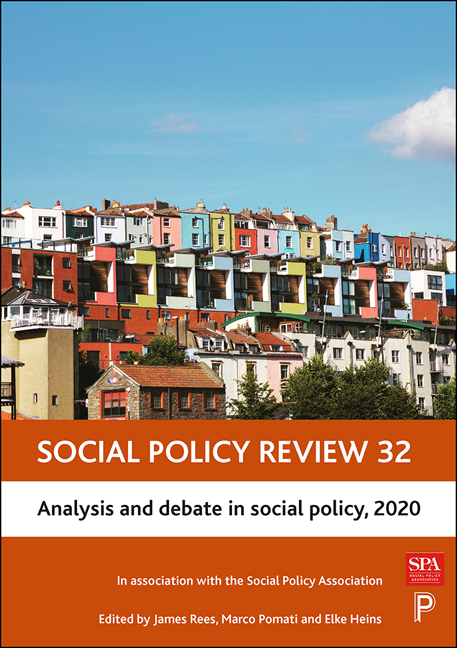4 - Returnees: Unwanted Citizens or Cherished Countrymen
Published online by Cambridge University Press: 18 March 2021
Summary
Introduction
There is considerable interest among European Union (EU) policymakers in social security portability, especially in EU mobile citizens’ access to benefits in receiving countries. Historically, the portability of social security rights was the strategy adopted to organise the social security of mobile workers between two social security schemes of sending and receiving countries (Avato et al, 2010). Further development of portability regulation was a response to the challenge that migration poses to welfare states, being designed to secure the social citizenship of migrant workers. Portability is defined as ‘the ability of migrant workers to preserve, maintain, and transfer benefits from a social security programme from one country to another and between localities in a country (spatial portability), between jobs’ (Taha et al, 2015: 98). The portability of social security rights in the EU for EU citizens is highly regulated; however, in short, social security benefits must be paid in whichever member state the EU citizen resides (Carmel et al, 2019a). In this context, immigrants’ access to welfare is highly politicised and occupies a significant space in political and policy discourse on migration (Balch and Balabanova, 2016). One of the most dominant discourses on migrants’ access to welfare is anti-immigrant discourse (Van Dijk, 2018), which often portrays immigrants as a burden on receiving countries (Richardson and Colombo, 2013; Bocskor, 2018), especially in the context of the welfare state and immigrants’ access to social security rights. The modern othering and racialisation of the migrants is captured well in Barker's (1981, 2001) theory of new racism, which shows how neo-racial political discourse focuses on cultural and economic rather than physical difference. Also, today's racism is linked with classism, where ‘poverty is the new Black’ (Sivanandan, 2001: 3). For example, migrant workers with irregular and low-paid employment are othered by the modern sate and often denied access to social security (Carmel and Sojka, 2018). Also, analysing discourses of the othering of returnees and their access to social welfare requires reflection on the roles of nationalism, culture, national identity and belonging as elements of today's ‘xeno-racism’ (Sivanandan, 2001, 2006). This article explores the othering of returnees in political and, in particular, policy discourses on returnees and their access to welfare in Poland and Estonia. This exploration allows us to look at the changing notion of belonging in relation to returnees’ participation in welfare.
- Type
- Chapter
- Information
- Social Policy Review 32Analysis and Debate in Social Policy, 2020, pp. 71 - 92Publisher: Bristol University PressPrint publication year: 2020

